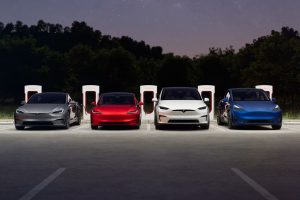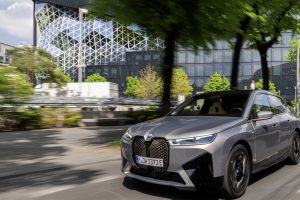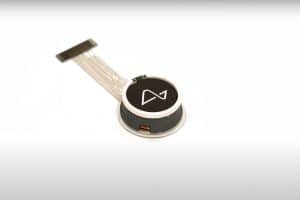In a recent announcement, EV charging hardware and software provider EverCharge announced that it would be fully supporting Tesla’s North American Charging Standard (NACS) in its entire network. The company will join auto giants Ford and General Motors (GM), and fellow EV charger provider ABB E-mobility as part of the growing Tesla NACS family.
In a blog post, EverCharge stated that the Combined Charging System (CCS) standard is not really the best. It’s clunky, and its performance could be better. EverCharge noted that Tesla’s charging system is simply better, partly due to its simplicity, ease of use, and overall performance.
“Tesla’s charging port predates CCS, and the company renamed it the North American Charging Standard (NACS) in 2022 to send a very clear message: its design is superior to CCS, and the industry should move to adopt it as the preferred standard. And they’re right. NACS has no moving parts, is half the size and more powerful than CCS, and ultimately provides a far better charging experience for drivers. What’s not to like?” the company wrote.
Jason Appelbaum, the founder and CEO of EverCharge, shared the same sentiments in a post on his official LinkedIn page. As per the executive, the growing adoption of the NACS simply means that the dominoes are now falling, and more and more are starting to wake up to the superiority of the North American Charging Standard.
“The dominos continue to fall. Yesterday’s announcement by GM to begin installing Tesla’s NACS in its EVs starting in 2025 – just two weeks after Ford did the same – is further proof of NACS’s superiority. EverCharge is proud to support this move to NACS, and I look forward to seeing which automakers join in next,” Appelbaum wrote.
While the adoption of the NACS across American automakers is a huge win for Tesla, it would likely provide challenges to other networks such as Electrify America, which does not support the standard for now. With Ford, GM, ABB E-mobility, and now, EverCharge announcing a shift to the NACS, it may only be a matter of time before the standard becomes the de facto charging system for North America.





